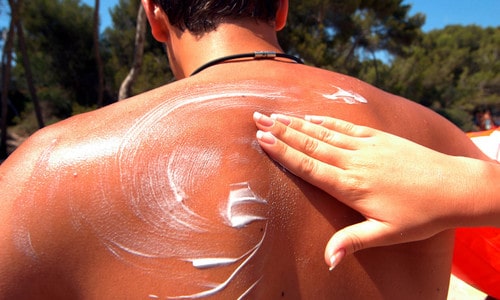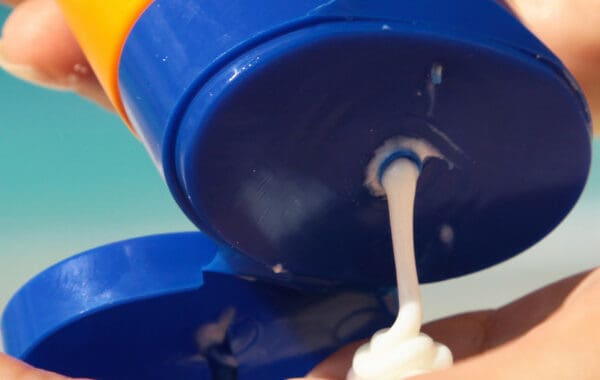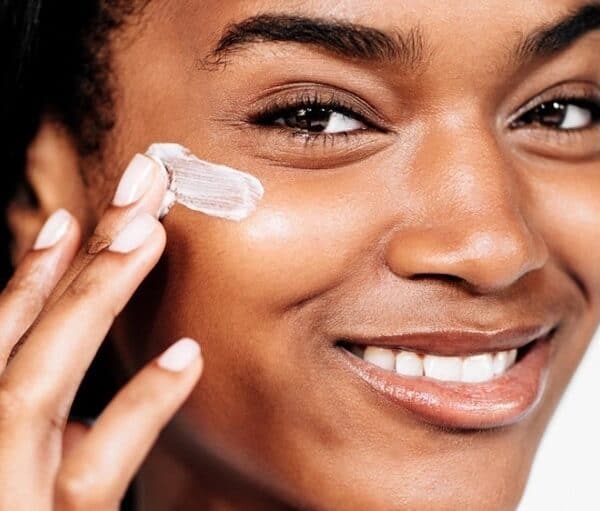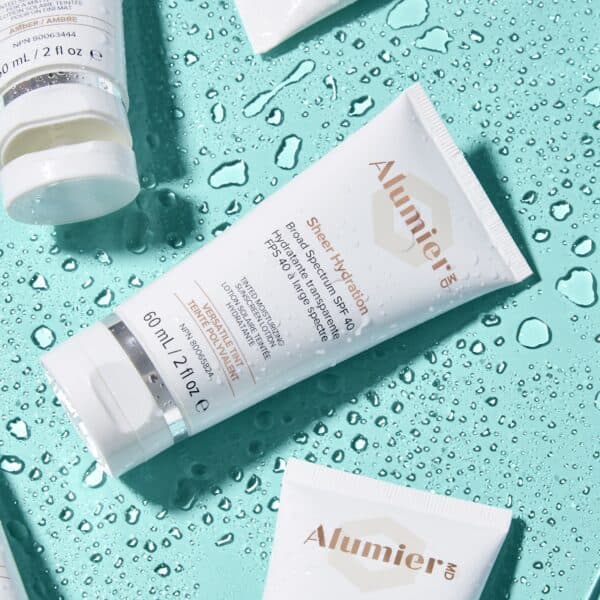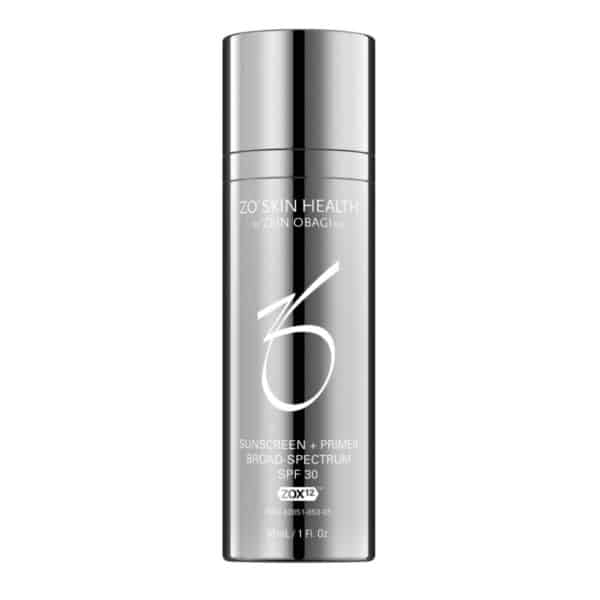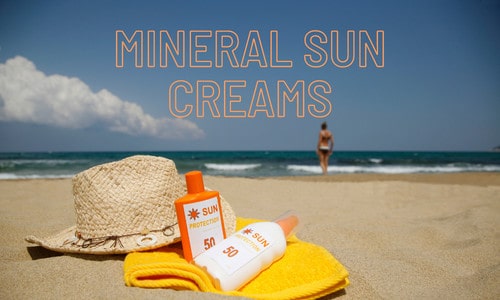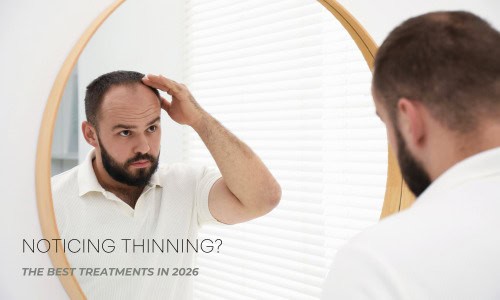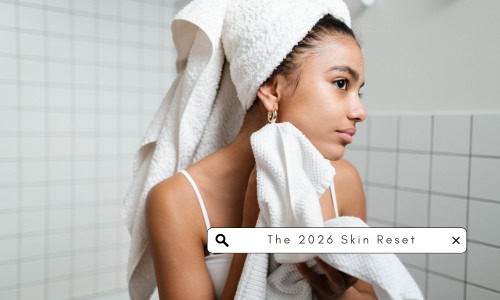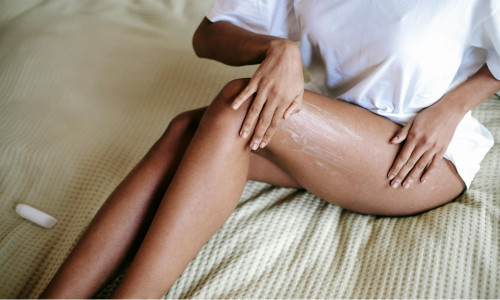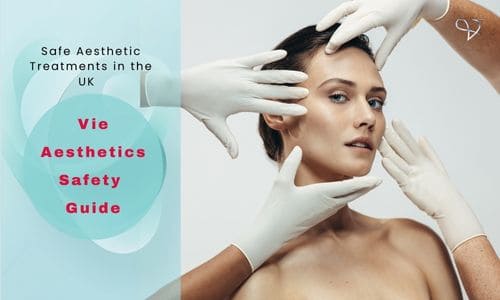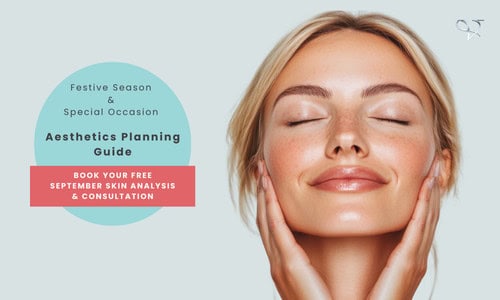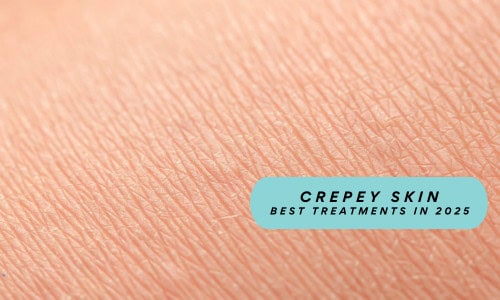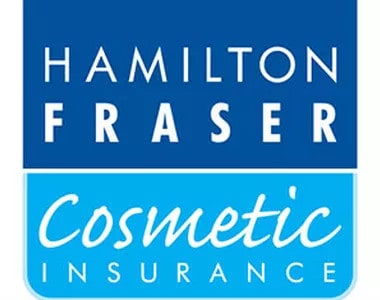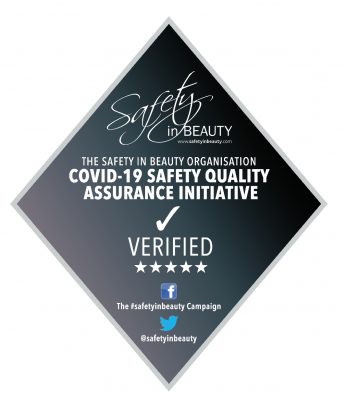Mineral sun creams are made up of zinc oxide and titanium dioxide, both natural active ingredients making mineral sun creams perfect for use on sensitive skin. In addition, zinc oxide is an anti-inflammatory and calming agent. This means that the use of mineral sun creams can actually help soothe conditions such as eczema, rosacea, psoriasis, melasma and acne.
Is there anyone who shouldn’t use mineral sun creams?
The natural ingredients mean that mineral sun creams are suitable for the majority of people. Chemical sun creams can be irritating for people with sensitive skin and may not be the best SPF choice for mothers who want to breast-feed, because the absorption of chemicals. Mineral sun creams are natural and effective products for sun protection.
However, it is important to mention that in 2019 the FDA proposed additional tests and regulations for powder and spray sun creams to ensure that no nanoparticles of Titanium Dioxide are released to protect the lungs. Studies have shown that titanium dioxide may be a possible form of human carcinogen when inhaled.
Does mineral sunscreen expire more quickly than traditional sun creams?
All sun creams have an expiration date of around 2-3 years (as advised by the FDA). Mineral sun creams tend to have a longer shelf life than traditional chemical sun creams because the ingredients are naturally more stable, in comparison to chemical sun creams, which contain a variety of chemicals and in some cases added stabilisers.
Do you have any recommended or preferred mineral sun creams?
I would recommend three hero products with SPF:


